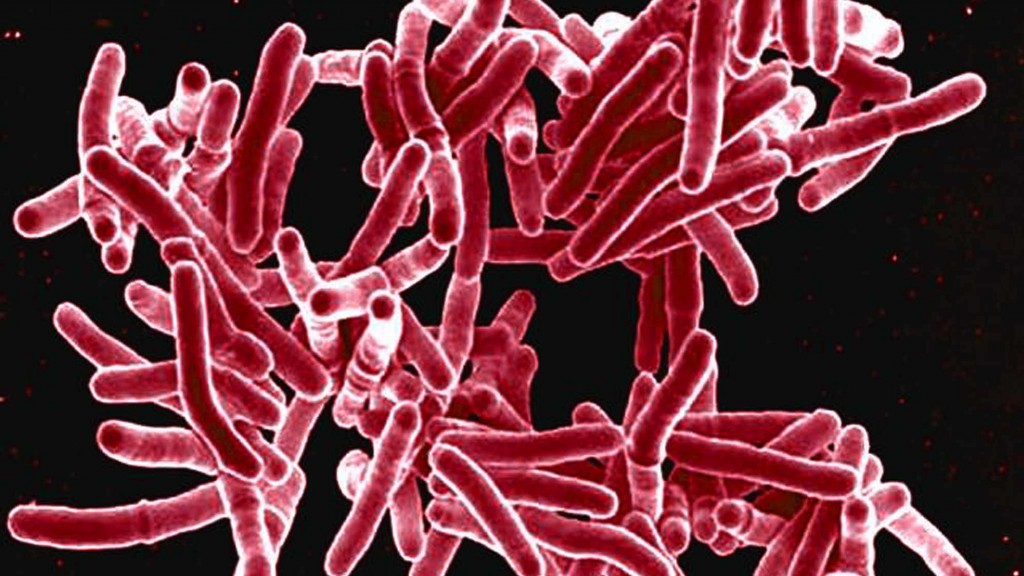-
Featured News
Tuberculosis: How does it spread and who’s at risk?

Tuberculosis (TB) is a potentially serious infectious disease that mainly affects the lungs. The bacteria that cause TB are spread from one person to another through tiny droplets released into the air via coughs and sneezes. While TB is rare in the U.S., it’s a leading killer worldwide.
Although the body may harbor the bacteria that cause TB, the immune system usually can prevent you from becoming sick. For this reason, health care providers make a distinction between latent and active TB. Latent TB, also called inactive TB or TB infection, isn't contagious. It can turn into active TB, so treatment is important for the person with latent TB and to help control the spread of TB. An estimated 2 billion people have latent TB. Active TB makes you sick, and in most cases, it can spread to others. It can occur in the first few weeks after infection with the TB bacteria, or it might occur years later.
On the next Mayo Clinic Radio program, Dr. Priya Sampathkumar, a Mayo Clinic infectious diseases specialist, will discuss TB. Also on the program, Dr. Rozalina McCoy, a Mayo Clinic endocrinologist and primary care physician, will explain why people with kidney disease should be cautious when taking supplements. And Dr. Jan Stepanek, a Mayo Clinic aerospace medicine specialist, will explore health and safety concerns with commercial space flight.
To hear the program, find an affiliate in your area.
Miss the show? Here's your Mayo Clinic Radio podcast.
Use the hashtag #MayoClinicRadio, and tweet your questions.
Mayo Clinic Radio is on iHeartRadio.
Access archived shows or subscribe to the podcast.
Mayo Clinic Radio produces a weekly one-hour radio program highlighting health and medical information from Mayo Clinic.







